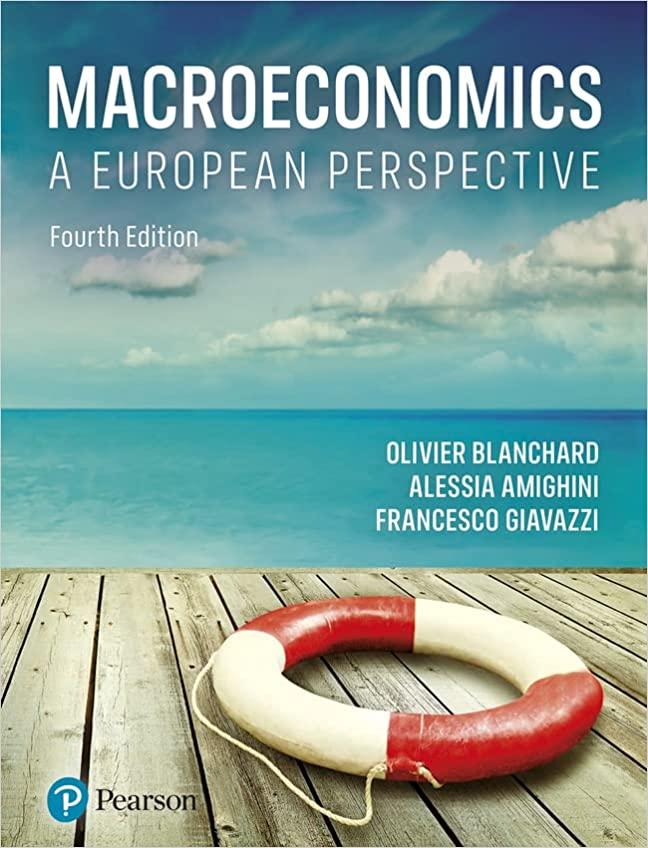Go back


Extraordinary Responsibility Politics Beyond The Moral Calculus(1st Edition)
Authors:
Shalini Satkunanandan

Cover Type:Hardcover
Condition:Used
In Stock
Include with your book
Free shipping: April 16, 2024Popular items with books
Access to 3 Million+ solutions
Free ✝
Ask 10 Questions from expert
200,000+ Expert answers
✝ 7 days-trial
Total Price:
$0
List Price: $9.99
Savings: $9.99(100%)
Book details
ISBN: 110744313X, 978-1107443136
Book publisher: Cambridge University Press
Get your hands on the best-selling book Extraordinary Responsibility Politics Beyond The Moral Calculus 1st Edition for free. Feed your curiosity and let your imagination soar with the best stories coming out to you without hefty price tags. Browse SolutionInn to discover a treasure trove of fiction and non-fiction books where every page leads the reader to an undiscovered world. Start your literary adventure right away and also enjoy free shipping of these complimentary books to your door.
Extraordinary Responsibility Politics Beyond The Moral Calculus 1st Edition Summary: Careful attention to contemporary political debates, including those around global warming, the federal debt, and the use of drone strikes on suspected terrorists, reveals that we often view our responsibility as something that can be quantified and discharged. Shalini Satkunanandan shows how Plato, Kant, Nietzsche, Weber, and Heidegger each suggest that this calculative or bookkeeping mindset both belongs to "morality", understood as part of our ordinary approach to responsibility, and effaces the incalculable, undischargeable, and more onerous dimensions of our responsibility. These thinkers also reveal how the view of responsibility as calculable is at the heart of "moralism" - the pettifogging, mindless, legalistic, excessively judgmental, or punitive policing of our own or others' compliance with moral duties. By elaborating their narratives of a difficult "conversion" to the open-ended and relentless character of responsibility, Satkunanandan explores how we might be less moralistic and more responsible in politics. She ultimately argues for a political ethos attentive to how calculative thinking can limit our responsibility, but that still accepts a circumscribed place for calculation (and morality) in responsible politics.
Customers also bought these books
Frequently Bought Together
Top Reviews for Books
Request 0glegok
( 4 )
"Delivery was considerably fast, and the book I received was in a good condition."










